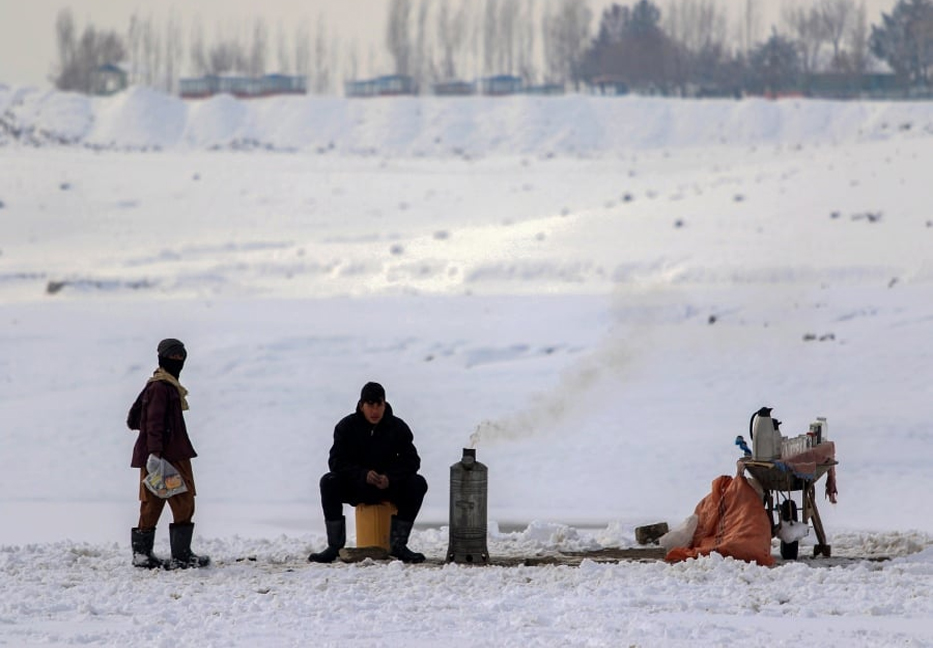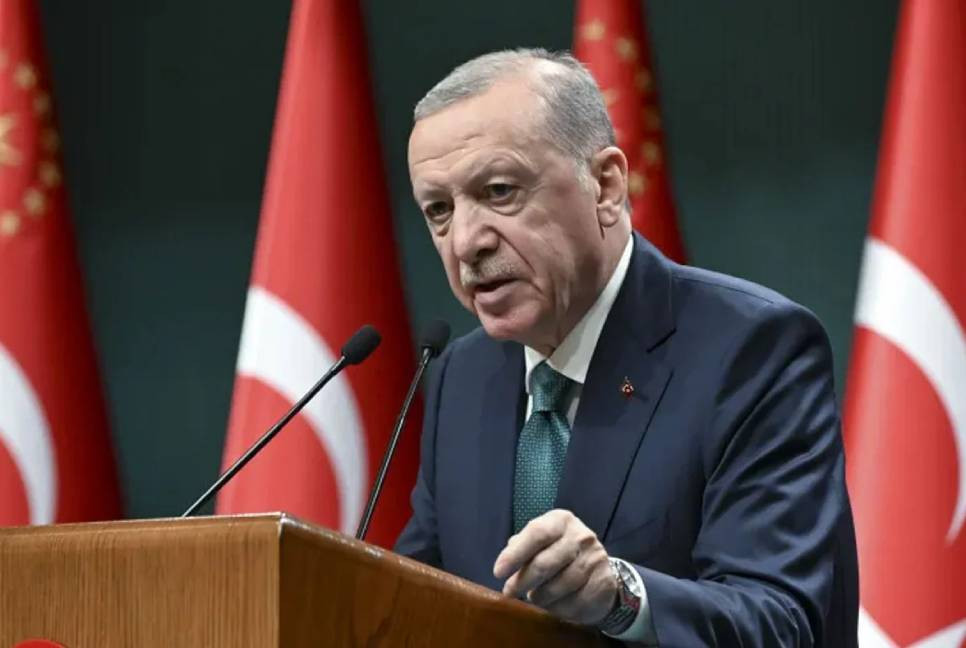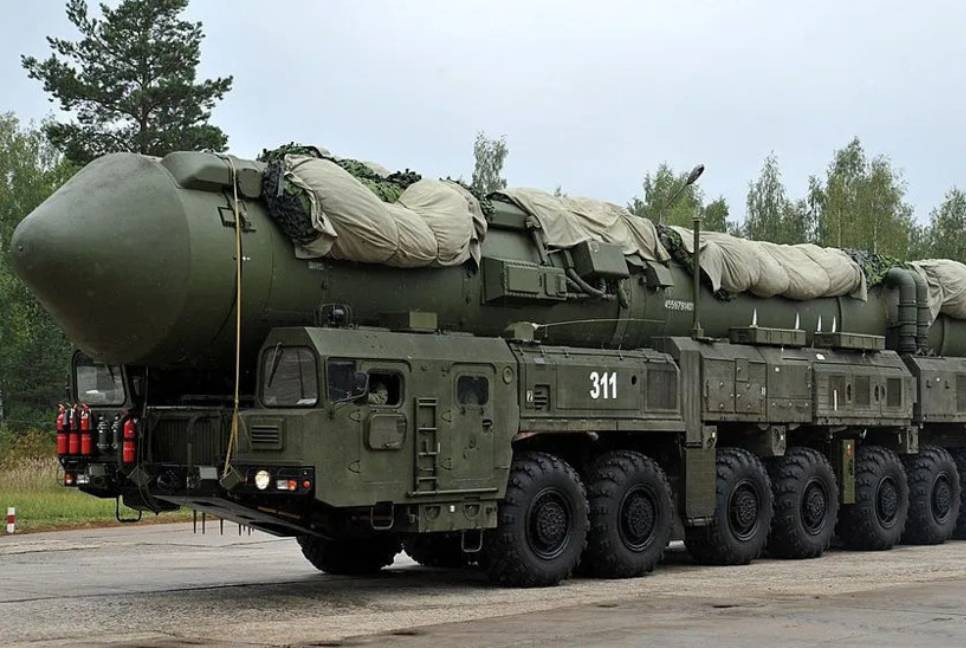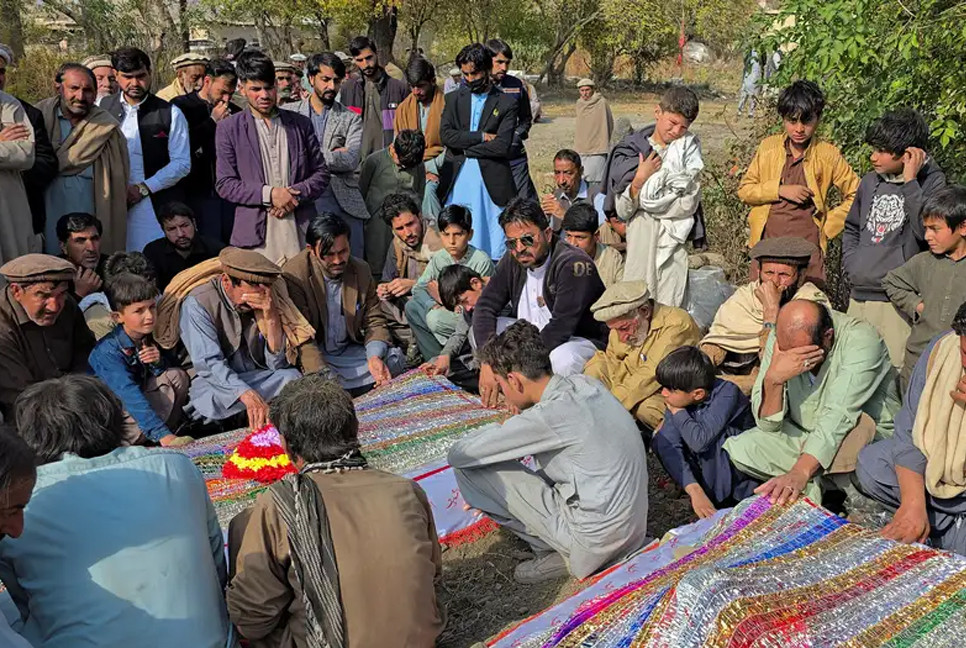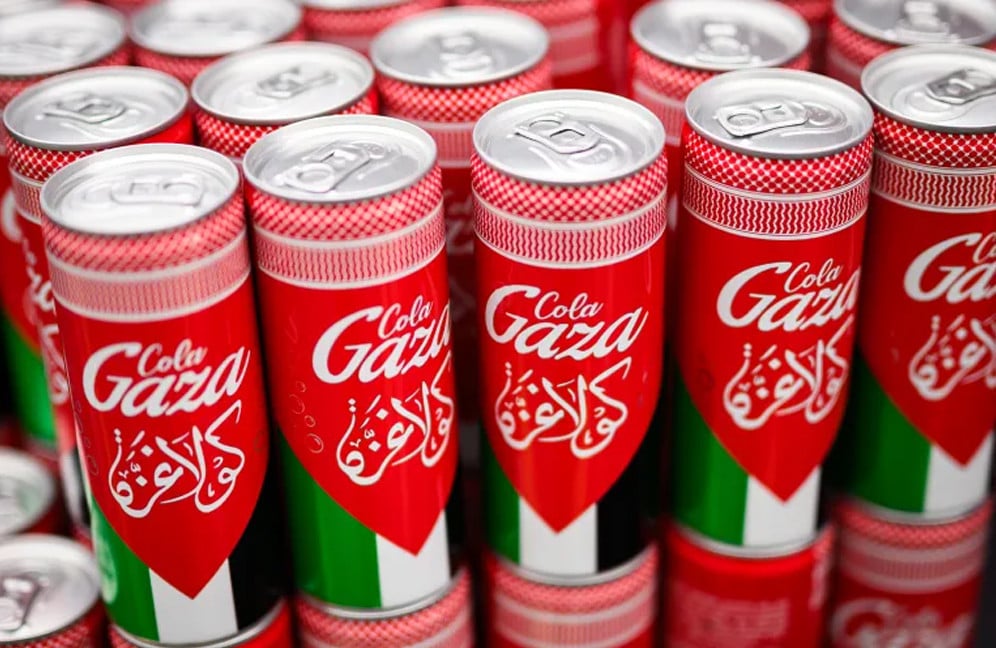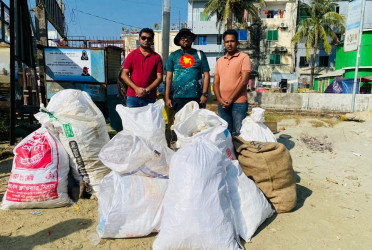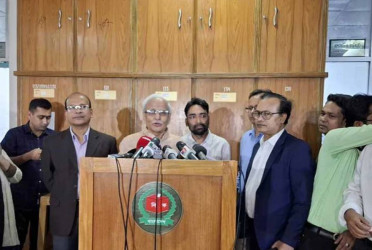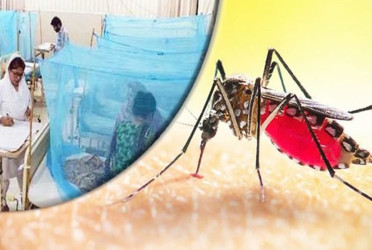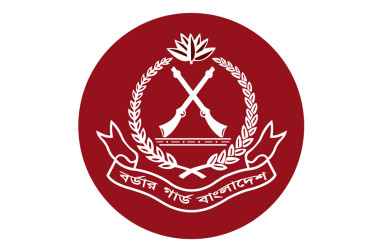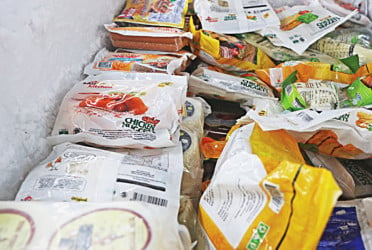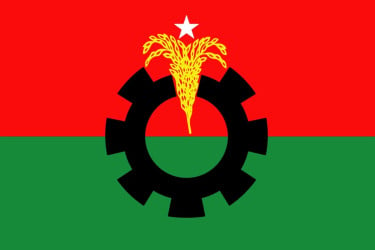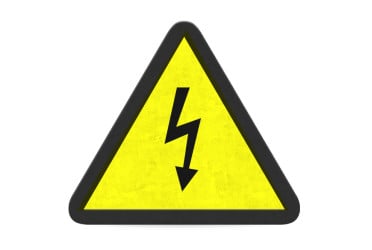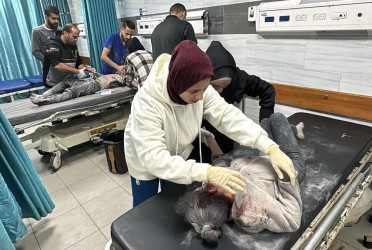At least 166 people have died in a wave of extreme cold weather sweeping over Afghanistan, an official said Saturday, reports AFP.
The extreme conditions heaped misery on the poverty-stricken nation.
Afghanistan has been frozen by temperatures as low as -33 degrees Celsius (-27 degrees Fahrenheit) since January 10, combined with widespread snowfall, icy gales and regular electricity outages.
Aid agencies had warned before the cold snap that more than half of Afghanistan's 38 million people were facing hunger, while nearly four million children were suffering from malnutrition.
The disaster management ministry said on Saturday the death toll had risen by 88 over the past week and now stood at 166, based on data from 24 of the nation's 34 provinces.
The deaths were caused by floods, fires and leaks from gas heaters that Afghan families use to heat their homes, ministry official Abdul Rahman Zahid said in a video statement.
Some 100 homes were destroyed or damaged and nearly 80,000 livestock, a vital commodity for Afghanistan's poor, also died in the cold.
The World Health Organization (WHO) said this week 17 people had died in a single village in northeastern Badakhshan province due to an outbreak of "acute respiratory infection".
"Harsh weather prevents help from reaching the area," the WHO said.
Afghanistan is enduring its second winter since US-backed forces withdrew and the Islamist Taliban surged back into Kabul to reclaim government.
Foreign aid has declined dramatically since then and key central bank assets were seized by the United States, compounding a humanitarian crisis considered one of the world's worst.
The Taliban government banned Afghan women from working with humanitarian groups last month, leading many to suspend operations.
Women NGO workers in the health sector were then granted an exemption and some organisations restarted their programmes.
Bd-pratidin English/Lutful Hoque

